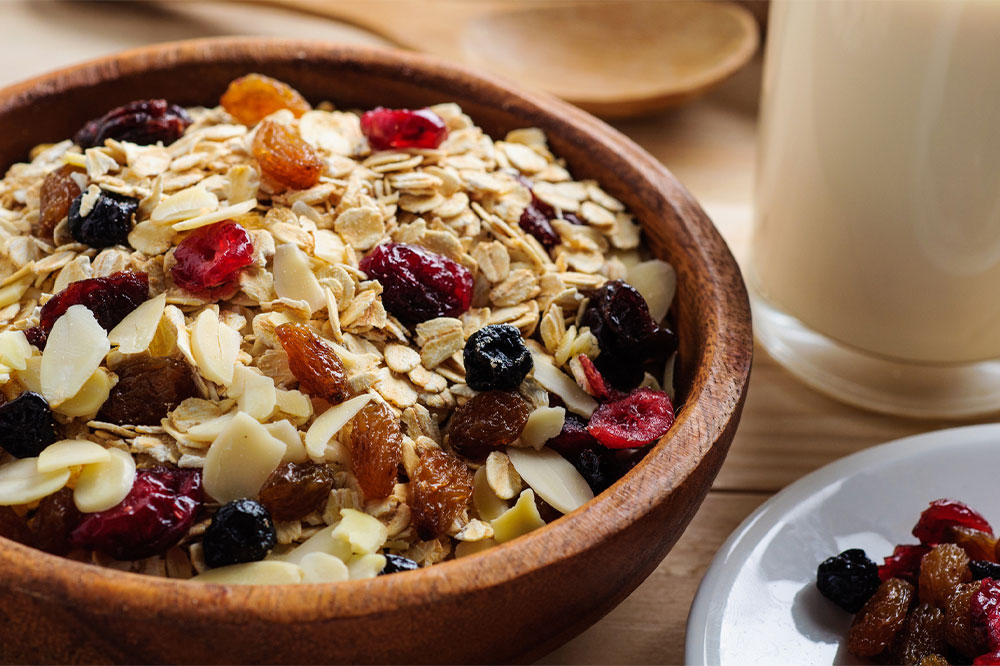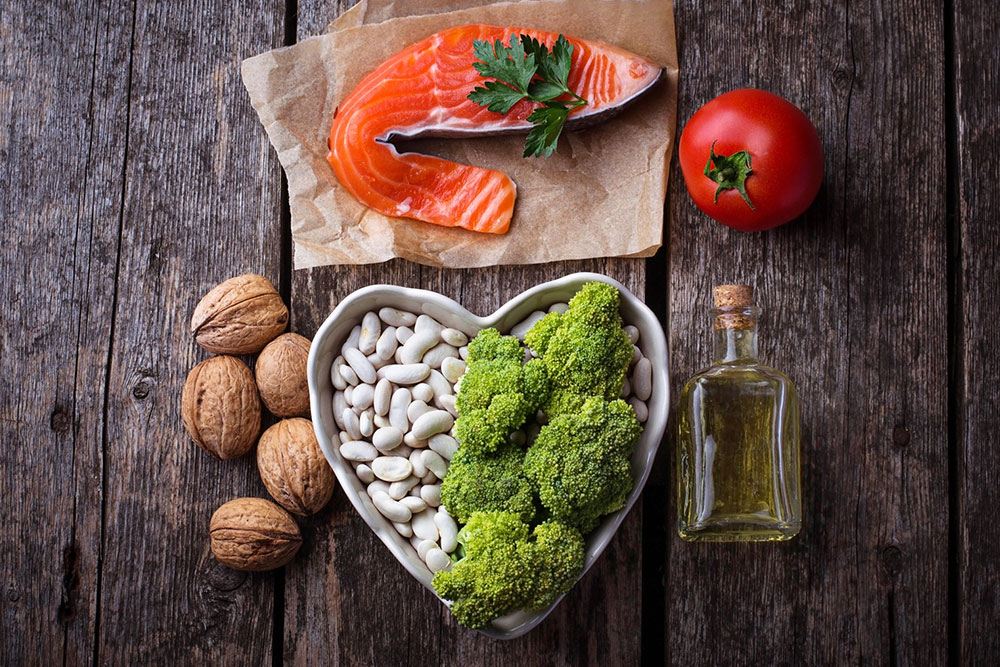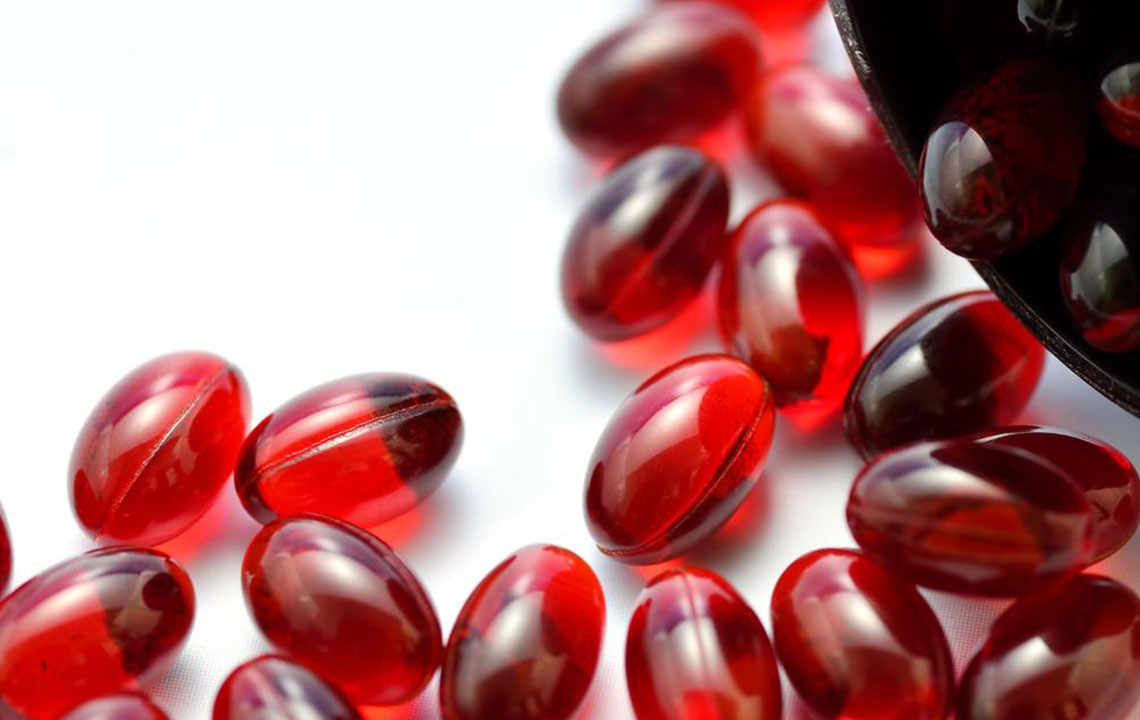Top 5 Foods to Support Ulcerative Colitis Management
Discover the top five foods that can aid in managing ulcerative colitis symptoms. Incorporate probiotics like yogurt, low-fiber options such as bananas, omega-3-rich fish like salmon, lean meats, and nutrient-packed vegetables like green beans into your diet. Consulting a healthcare professional before dietary changes is recommended for personalized management and symptom relief.

Top 5 Foods to Support Ulcerative Colitis Management
Ulcerative colitis is a chronic condition causing inflammation of the colon lining. Although a cure remains elusive, proper nutrition plays a vital role in controlling symptoms and preventing flare-ups. Since individual tolerance varies, consulting a healthcare professional is essential to customize a diet that suits personal health needs.
Yogurt
Yogurt is rich in probiotics—beneficial live bacteria that promote gut health and may reduce inflammation. Incorporating probiotic foods like yogurt into daily routines, such as breakfast or a healthy snack, could potentially improve ulcerative colitis symptoms.
Low-fiber foods are recommended to ease symptoms. Bananas are gentle on the digestive system and help provide relief. Other options include white rice, cooked vegetables, and peeled fruits. Always consult a doctor before making significant dietary changes.
Salmon
Rich in omega-3 fatty acids and protein, salmon exhibits anti-inflammatory properties that can help reduce ulcerative colitis-associated inflammation. Other omega-3-rich fish include sardines, mackerel, and herring.
Lean Meats
Lean meats supply necessary protein and iron, vital for those susceptible to anemia due to ulcerative colitis. They are easily digestible and support overall health.
Green Beans
Green beans are nutrient-dense and contain antioxidants that help lower inflammation and support gut health. Their low calorie and fat content make them an excellent addition to an anti-inflammatory diet.
Besides these foods, incorporating berries like strawberries, blueberries, and blackberries, along with cooked kale, spinach, carrots, and other antioxidant-rich vegetables, can benefit management efforts. Maintaining a food journal, limiting fiber intake, and reducing stress are also crucial. Regular communication with healthcare providers ensures optimal management and symptom control.
Disclaimer: Our content aims to provide useful information across various health topics. However, it should not replace professional medical advice. Always consult your healthcare provider before making dietary or treatment modifications.










